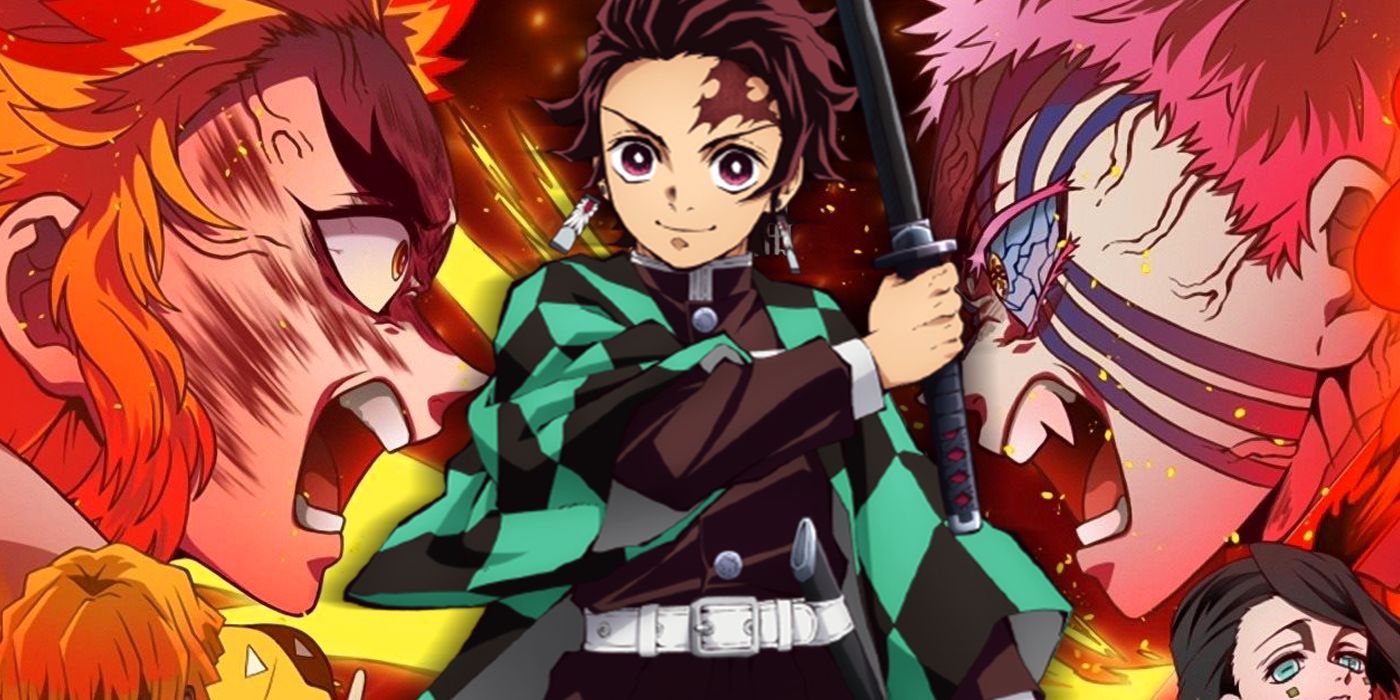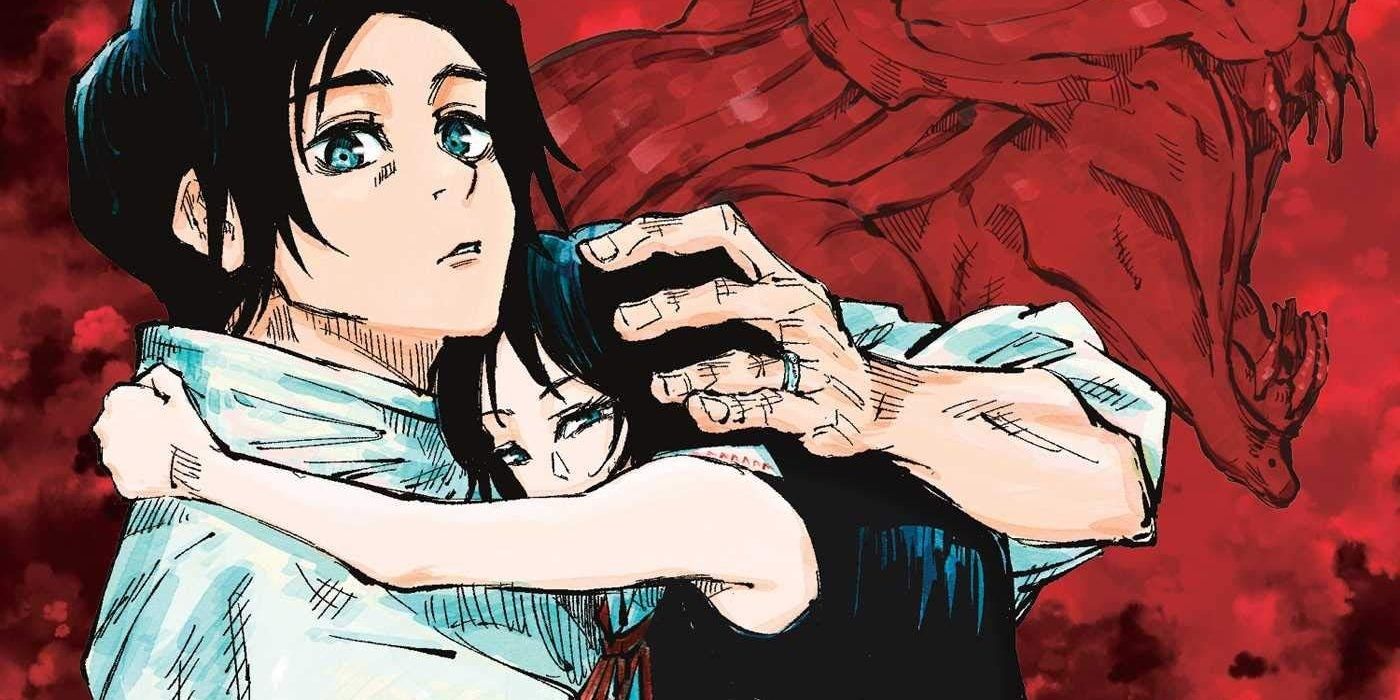In October of 2020, Demon Slayer: Infinity Train was released in Japanese theatres and quickly proceeded to take the entire Japanese film industry by storm. While the film has yet to be released in North America, the hype carried over to other international countries, generating record-breaking success. Demon Slayer: Infinity Train adapts the manga's Mugen Train arc, making it a must-see for anyone keeping up with the series.
Following a story within the manga makes the film canonical, which was previously uncommon. Most movies attached to a franchise are merely filler or just an epic side story. Though they did exist before, like in the instance of Fullmetal Alchemist the Movie: Conqueror of Shambala, which concluded the 2003 Fullmetal Alchemist series, they were still very much in the minority. Following Infinity Train's massive success, other franchises like Jujutsu Kaisen and Black Clover have announced films that will follow arcs in their respective manga, making them canonical. Let's discuss this rise of canonical films bridging seasons together and what this could mean for the future of anime.
A canonical film adapts a story from the source material, turning it into a movie rather than part of a season. In the past, anime films mainly were side stories and usually given to longer running and more popular series like Dragon Ball and Naruto. These films showcase original stories featuring the same cast of characters in a completely new situation for both anime watchers and manga readers. Often they are created alongside the original manga or light novel author to keep the narrative and tone consistent with the main story. At the same time, they are a fun watch and optional to understand the bigger story.
With the idea of canonical anime films becoming more popular, this will, of course, create more hype around a film that will then be branded as a must-see to continue watching a franchise. It will grant fans the opportunity to experience the story in a cinema setting with incredible sound, surrounded by other series fans. This creates more revenue at the box office for studios since, typically, one wouldn't need to see an anime film to understand the remainder of the franchise if it's not canon.
With a theatrical release, the film will likely be given a larger budget, promising a higher quality production. Additionally, if the arc being adapted is short, it might be better formatted for a movie-epic. For example, Demon Slayer's Mugen Train arc is fairly short in the manga and works well as merely a film to bridge into the series next season.
On the downside, a film takes months to get a North American release date. Moreover, watching anime films in theatres isn't accessible for everyone due to their limited run and the fact that only select theatres feature anime films. Plus, if you miss it in theatres, you will have to wait several more months for its release on a legal streaming platform like Crunchyroll or Funimation. Also, longer arcs likely would not work in a movie format and are more suited for the traditional seasonal release.
Unlike anime seasons which are labeled chronologically, films are not, which can confuse fans who are new to a particular series. For example, for someone getting into Demon Slayer, it's easy to think that the correct watching order is season 1, then season 2. However, it is season 1, Infinity Train, then season 2. Unfortunately, this confusion will follow franchises as they continue to release canonical movies. However, there will be exceptions like the Jujutsu Kaisen film, which will follow Volume 0 -- a prequel to the series. Here, the film will likely be watchable no matter where you are in the series.
While there have been plenty of recent canonical films like Konosuba: God's Blessing on this Wonderful World! Legend of Crimson and Rascal Does Not Dream of Bunny Girl Senpai The Movie playing as a sequel to their respective series; it is Demon Slayer: Infinity Train that has encouraged other franchises to popularize the production of canonical anime films due to its extraordinary success.
Though which format better suits a particular arc (a film or an entire season) depends on the story being told, canonical anime movies provide a unique opportunity and are quickly becoming a new trend. So fans can likely expect more to be announced in the future.



